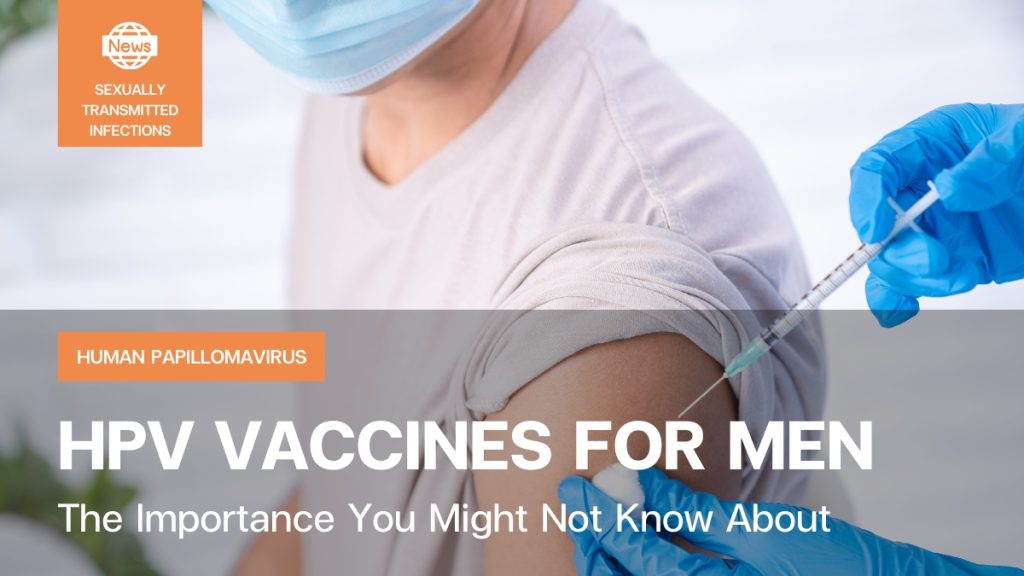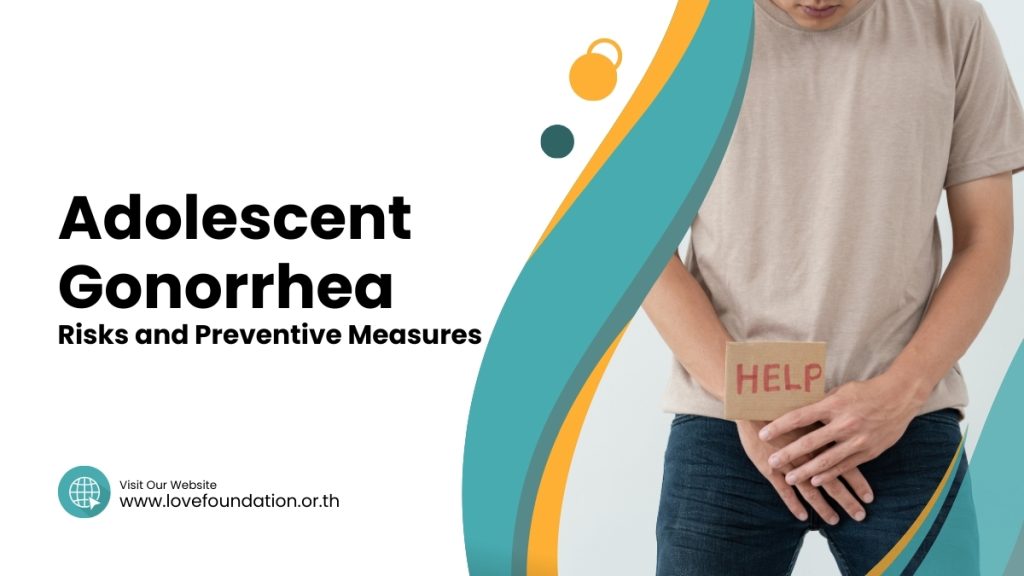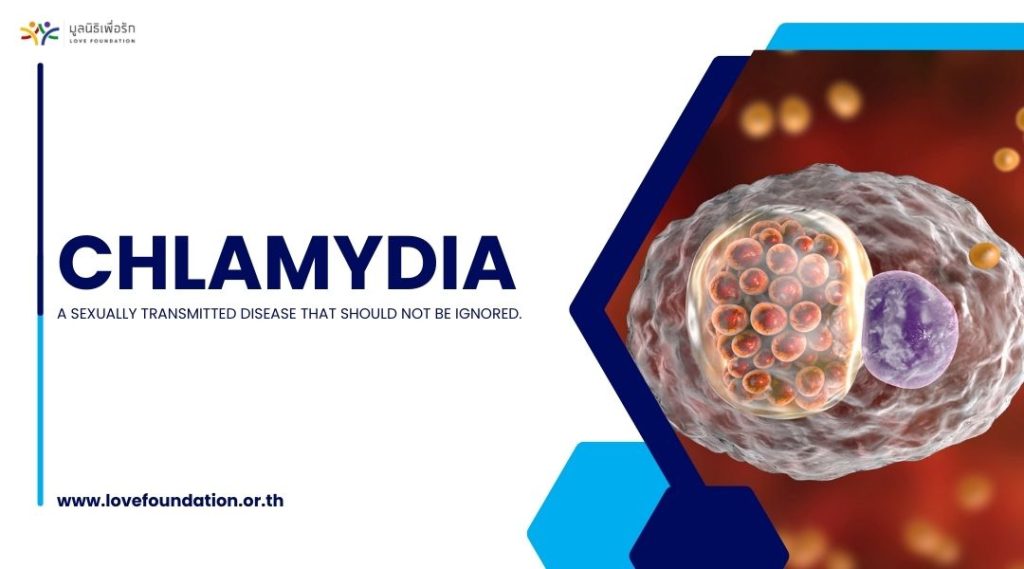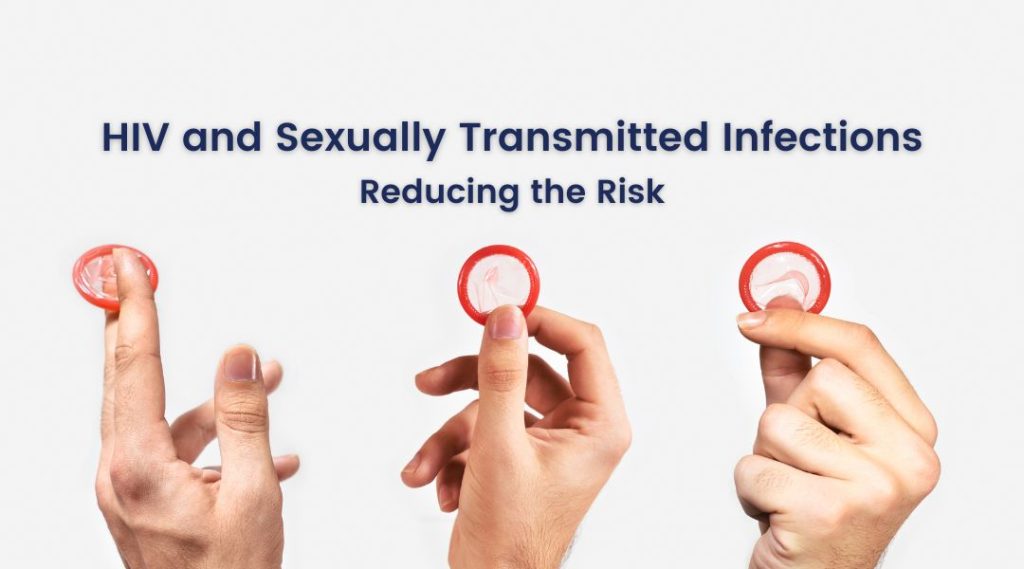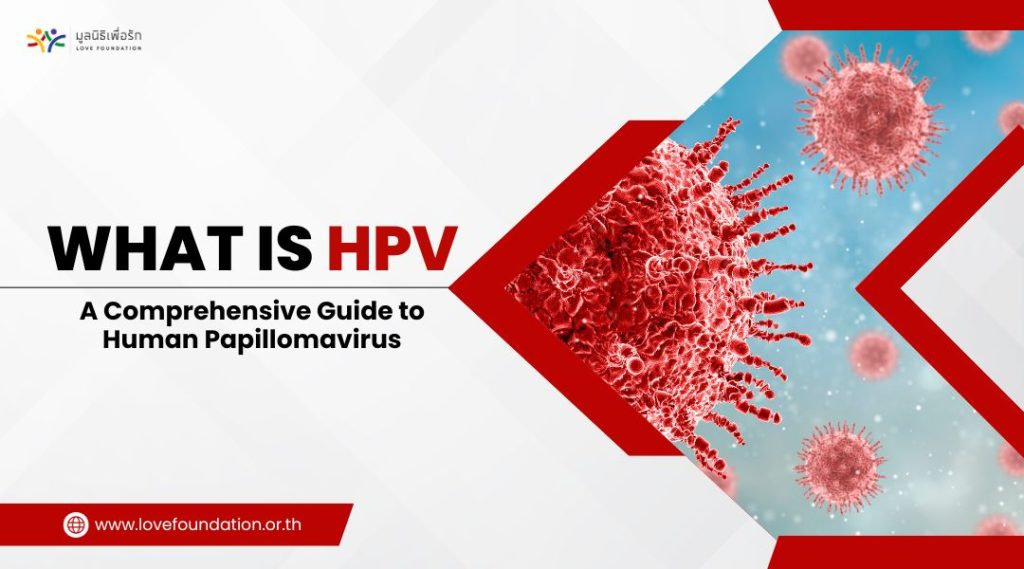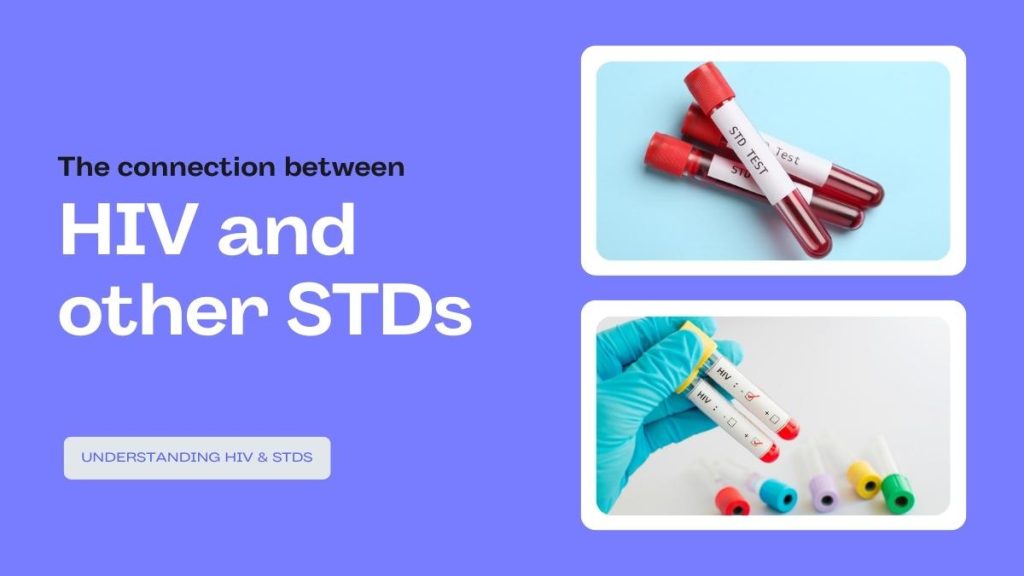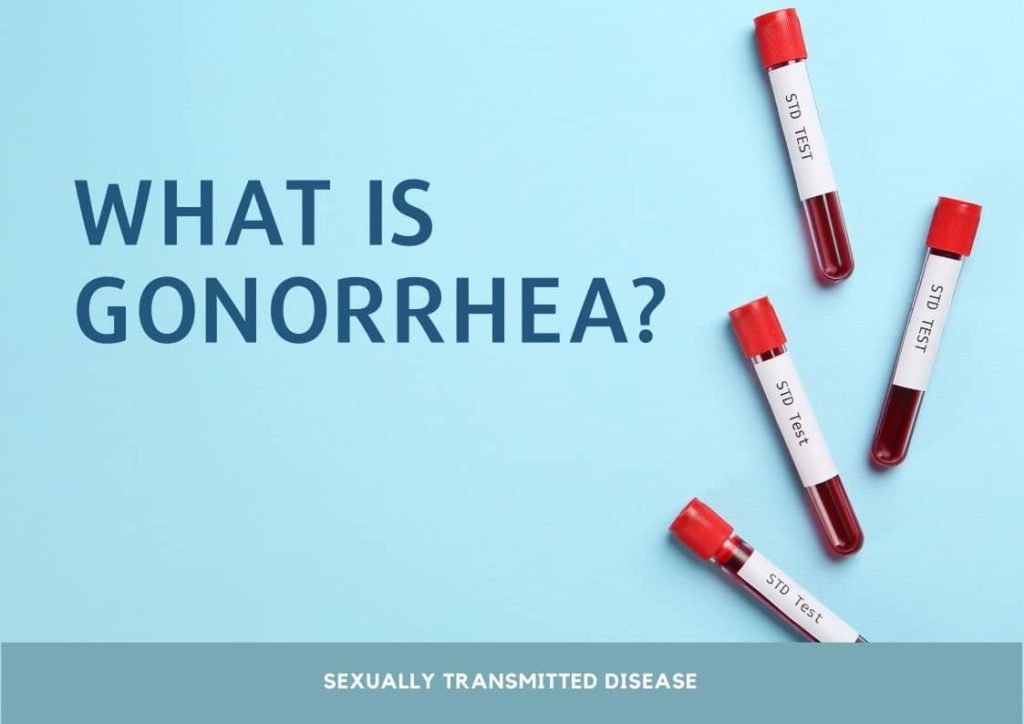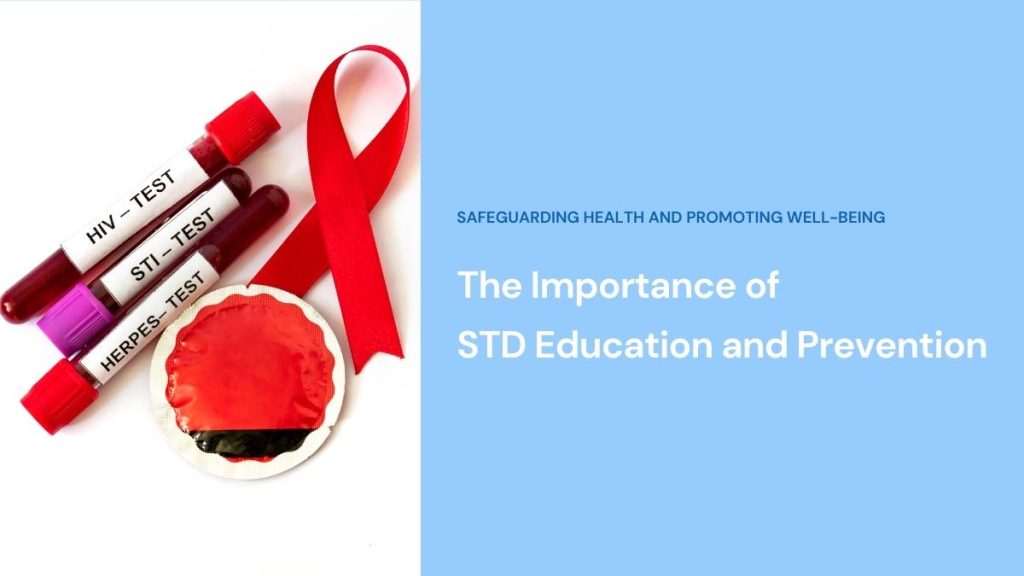HIV remains a pressing issue that requires continuous attention, especially among young people, a group full of energy, dreams, and curiosity. Data from many countries, including Thailand, clearly show that the rate of new HIV infections continues to appear among adolescents and youth. For this reason, the Youth-Use Activity was created as a space not
Tag Archives: STD
The administration of the HPV vaccine has been a topic of interest in public health for a long time. However, in the past, it primarily focused on women to prevent cervical cancer. Recently, awareness of the importance of vaccinating men has been growing, especially after China began administering the HPV vaccine to men for the
Gonorrhea is a Sexually Transmitted Infection (STI) that can affect people of any age. But adolescent gonorrhea are particularly vulnerable due to various factors including lack of awareness. Risky sexual behavior and inadequate access to healthcare. In this article, we’ll delve into the specific risks of adolescent gonorrhea. Explore effective prevention strategies to safeguard their
Genital warts are caused by the human papillomavirus (HPV). This STI is quite common and it is safe to say that almost everybody who is sexually active has become infected with at least one type of HPV at some point. Genital warts are small,flesh-colored bumps visible around the moist areas of the genitals. Sometimes the
In the realm of Sexually transmitted diseases (STD), one name that frequently surfaces is Chlamydia. The prevalence of this bacterial infection has sparked concerns globally, prompting the need for a deeper understanding of its nuances. This comprehensive guide aims to shed light on the question, as we explore its causes, symptoms, diagnosis, treatment, and prevention.
People living with HIV are at a higher risk of acquiring sexually transmitted infections (STIs). STIs can have a negative impact on the health of people living with HIV, including increasing the risk of transmitting HIV to others. In this article, we’ll explore the relationship between HIV and Sexually Transmitted Infections and provide resources for reducing
If you’re seeking help on what HPV (Human Papillomavirus) is and want to become well-informed about this common yet often misunderstood virus, you’ve come to the right place. This comprehensive guide delves into the world of HPV, explaining its types, symptoms, transmission, prevention, and treatment options. By the time you finish reading, you’ll be equipped
HIV, or Human Immunodeficiency Virus, is a viral infection that weakens the immune system, making individuals more susceptible to other infections, including sexually transmitted diseases (STDs). There is a strong interconnection between HIV and other STDs due to shared risk factors and transmission routes. Engaging in unprotected sexual activity, such as unprotected vaginal, anal, or oral sex,
Chlamydia is a common sexually transmitted infection (STI) caused by bacteria. People who have chlamydia often don’t have outward symptoms in the early stages. Women can get chlamydia in the cervix, rectum, or throat. Men can get chlamydia in the urethra (inside the penis), rectum, or throat. Chlamydia is a common STD that can infect both
Sexually transmitted diseases (STDs) pose significant health risks and can have long-lasting consequences. This article highlights the crucial importance of STD education and prevention in promoting personal well-being and public health. By increasing awareness, providing accurate information, and encouraging early detection and treatment, STD education plays a pivotal role in empowering individuals to make informed choices. Effective
- 1
- 2

